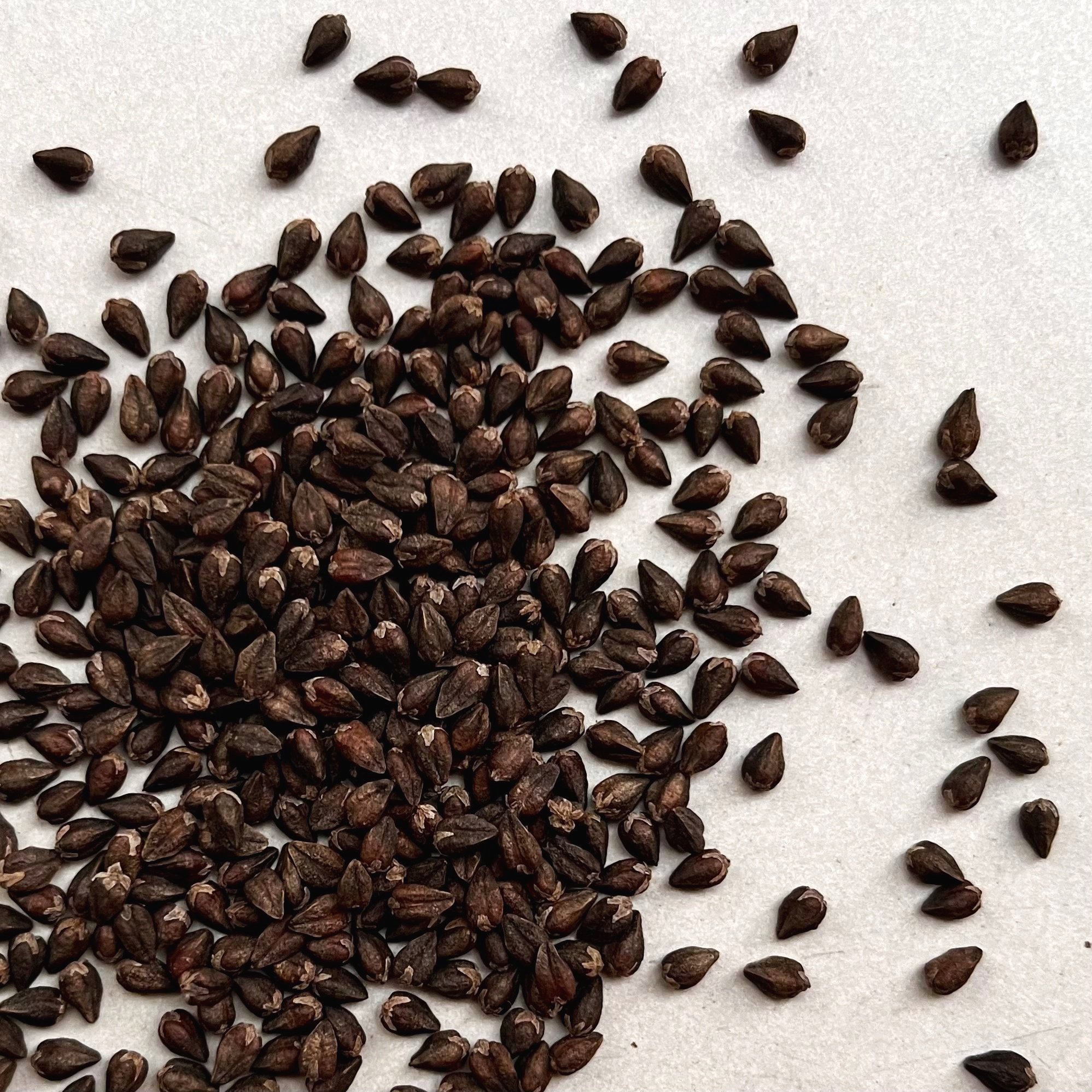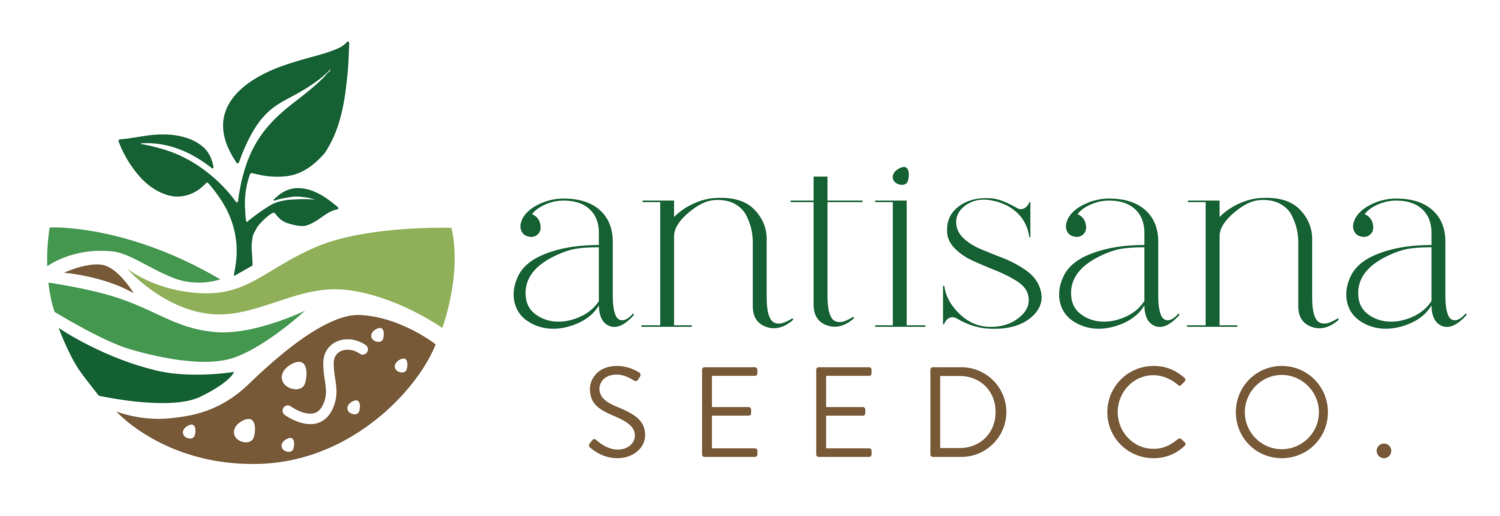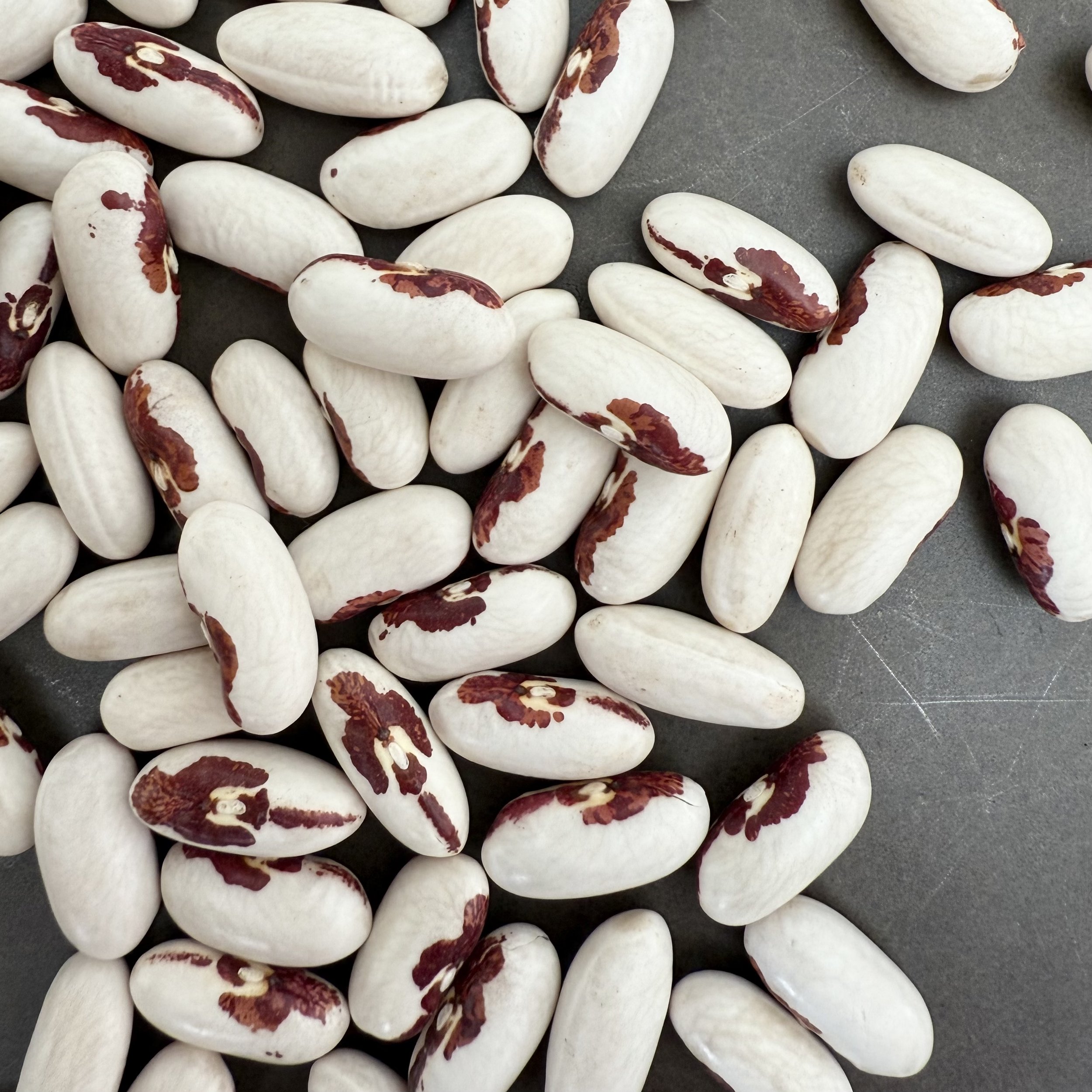 Image 1 of
Image 1 of


Buckwheat, Tartary
Product Description: (Fagopyrum tataricum) Tartary buckwheat is an ancient pseudo-grain originating in the Himalayan highlands, where it has been cultivated for at least 4,000 years. Its impressive nutritional profile and flavor, alongside resistance to pests, diseases, and less-than-ideal growing conditions have since earned it the role of a staple crop in regions around the world.
Compared to common buckwheat (F. esculentum), this species produces smaller seeds with a softer hull and the plants are far more tolerant to frost. The flowers and foliage of Tartary buckwheat can be brewed into tea while the dehulled seeds can be cooked whole for Kasha or milled into a flavorful gluten-free flour.
This strain descends directly from the generations of farmers in the former French colony of Acadia (now Northern Maine), where it is still used to prepare traditional, crepe-like ployes. Open-pollinated. 150 seeds per packet.
Growing Information: As a short season crop, Tartary buckwheat can be planted from early spring (for summer harvest) to early autumn (for late fall harvest or overwintered cover crop). No need to create tidy rows (unless you want to). Simply scatter the seeds by hand and lightly work into the soil surface (1-3 cm in depth). Tartary buckwheat flowers continuously, which pollinating insects are sure to appreciate, but this can sometimes complicate the harvesting process when grown on a larger scale. 60-90 days to maturity.
Seed Saving: Saving buckwheat seeds is incredibly simple in the sense that your final product is the seed! Once dried throughly, no additional effort is required. Simply store the seeds in a cool, dry location until you are ready to plant again.
Tartary buckwheat also happens to be self-pollinating (unlike its close companion, common buckwheat). For a seed saver, this means that there is no reason to worry about genetic contamination of your crop and the more structured population that results from this can make the work of a plant breeder much easier.
Product Description: (Fagopyrum tataricum) Tartary buckwheat is an ancient pseudo-grain originating in the Himalayan highlands, where it has been cultivated for at least 4,000 years. Its impressive nutritional profile and flavor, alongside resistance to pests, diseases, and less-than-ideal growing conditions have since earned it the role of a staple crop in regions around the world.
Compared to common buckwheat (F. esculentum), this species produces smaller seeds with a softer hull and the plants are far more tolerant to frost. The flowers and foliage of Tartary buckwheat can be brewed into tea while the dehulled seeds can be cooked whole for Kasha or milled into a flavorful gluten-free flour.
This strain descends directly from the generations of farmers in the former French colony of Acadia (now Northern Maine), where it is still used to prepare traditional, crepe-like ployes. Open-pollinated. 150 seeds per packet.
Growing Information: As a short season crop, Tartary buckwheat can be planted from early spring (for summer harvest) to early autumn (for late fall harvest or overwintered cover crop). No need to create tidy rows (unless you want to). Simply scatter the seeds by hand and lightly work into the soil surface (1-3 cm in depth). Tartary buckwheat flowers continuously, which pollinating insects are sure to appreciate, but this can sometimes complicate the harvesting process when grown on a larger scale. 60-90 days to maturity.
Seed Saving: Saving buckwheat seeds is incredibly simple in the sense that your final product is the seed! Once dried throughly, no additional effort is required. Simply store the seeds in a cool, dry location until you are ready to plant again.
Tartary buckwheat also happens to be self-pollinating (unlike its close companion, common buckwheat). For a seed saver, this means that there is no reason to worry about genetic contamination of your crop and the more structured population that results from this can make the work of a plant breeder much easier.
Product Description: (Fagopyrum tataricum) Tartary buckwheat is an ancient pseudo-grain originating in the Himalayan highlands, where it has been cultivated for at least 4,000 years. Its impressive nutritional profile and flavor, alongside resistance to pests, diseases, and less-than-ideal growing conditions have since earned it the role of a staple crop in regions around the world.
Compared to common buckwheat (F. esculentum), this species produces smaller seeds with a softer hull and the plants are far more tolerant to frost. The flowers and foliage of Tartary buckwheat can be brewed into tea while the dehulled seeds can be cooked whole for Kasha or milled into a flavorful gluten-free flour.
This strain descends directly from the generations of farmers in the former French colony of Acadia (now Northern Maine), where it is still used to prepare traditional, crepe-like ployes. Open-pollinated. 150 seeds per packet.
Growing Information: As a short season crop, Tartary buckwheat can be planted from early spring (for summer harvest) to early autumn (for late fall harvest or overwintered cover crop). No need to create tidy rows (unless you want to). Simply scatter the seeds by hand and lightly work into the soil surface (1-3 cm in depth). Tartary buckwheat flowers continuously, which pollinating insects are sure to appreciate, but this can sometimes complicate the harvesting process when grown on a larger scale. 60-90 days to maturity.
Seed Saving: Saving buckwheat seeds is incredibly simple in the sense that your final product is the seed! Once dried throughly, no additional effort is required. Simply store the seeds in a cool, dry location until you are ready to plant again.
Tartary buckwheat also happens to be self-pollinating (unlike its close companion, common buckwheat). For a seed saver, this means that there is no reason to worry about genetic contamination of your crop and the more structured population that results from this can make the work of a plant breeder much easier.





